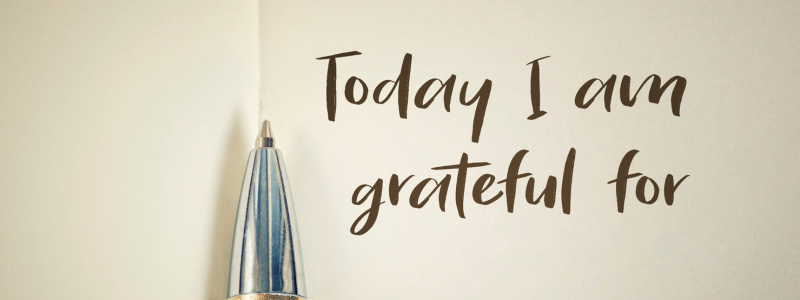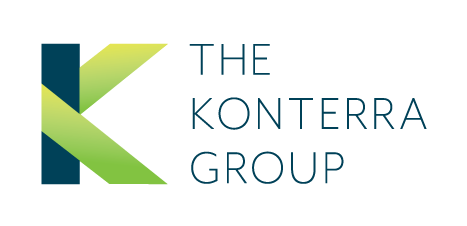Get in Touch
700 12th Street NW
Suite 700
Washington, DC 20005
Feeling and expressing gratitude during work can boost your own mood, strengthen relationships, and improve team culture. Here are five ways you can practice gratitude at work in less than five minutes a day.

Saying “thank you” is one of the most straightforward gratitude practices, but it’s very powerful. Build a habit of expressing your appreciation to colleagues. Acknowledging other people’s contributions and efforts helps nurture positive relationships and cultivate a culture of gratitude within your workplace.
Key question: Who could you thank today?
When you name specific actions and attitudes you appreciate in your colleagues, you move beyond a simple “thank you” to deep encouragement. Giving someone specific positive feedback is a win-win, especially if you praise people in front of others. It feels good for you and them, it fosters engagement and motivation, and it helps create an environment where people feel seen and valued.
Key question: What’s something you appreciate or respect in a colleague?
Embracing a morning gratitude routine will help you start your workday on a positive note. Dedicate a few minutes every morning to contemplating things you are thankful for–a restful night’s sleep, a safe and efficient commute, the chance to contribute to your organization’s mission…anything you appreciate. Setting a positive tone at the beginning of your day can have a profound impact on your overall attitude, focus, and productivity.
Key question: What are three things you feel grateful for today?
Research has shown that keeping a “good things” list is powerfully good for us, so why not take this practice into your workday? Set aside a brief period during your workday to record three to five wins or “good things” present in the day. Identify supportive colleagues, successful projects, valuable progress you’ve made, opportunities to learn and grow, a restorative lunch break, or anything that feels like a win. Keep a list in a notebook, use an app on your phone, or come up with some other way to capture your collection. The act of documenting your gratitude like this reinforces positive emotions and helps you stay focused on the positive aspects of your job.
Key question: What are three things you can write on a “win list” today?
Not every gratitude practice has to involve putting our appreciation into words. Small acts of kindness and consideration can go a long way to communicating gratitude, making people feel appreciated, and building goodwill. Here are some ways you can show the people around you that you care:
Key question: What’s a random act of kindness you could perform for your colleague(s) today
Be specific: Imagine that you received an email thanking you for being part of an internal project exploring ways the organization is living its values. Which email would you rather read?
“Thank you for being part of this important team effort.”
Or: “Thank you for being part of this important team effort to help us ensure we’re taking action in line with our company values and “walking the talk.” Your willingness to enter into these (sometimes tricky) conversations and share your own experiences and opinions has helped broaden my own perspective on ways we could better embody our value of authenticity.”
Make it an everyday thing: The benefits of practicing gratitude accrue exponentially over time. When we make even one gratitude practice habitual (one small dose of gratitude, once a day) we start to shift the lens we’re looking through. We train ourselves to see more of the good in our lives and in the people around us. We learn to look at what we have and feel abundance. In turn, this improves our wellbeing and outlook, and reduces depression. Research even suggests we will sleep better!
To develop an enduring gratitude habit, try linking your chosen gratitude practice to an already ingrained routine. You might, for example, choose to send a gratitude email or text every morning after you clear your email inbox at the start of the day. Or add to your gratitude list at the end of every day as you’re organizing priorities for the next day.

Lisa McKay is a psychologist, and the Senior Training Advisor for The KonTerra Group. She specializes in stress, trauma, resilience, humanitarian and development work, cross cultural living, and long distance relationships. She is currently based in Australia.

700 12th Street NW
Suite 700
Washington, DC 20005

 Evaluation of Philippines WFP Country Strategic Plan
Evaluation of Philippines WFP Country Strategic Plan